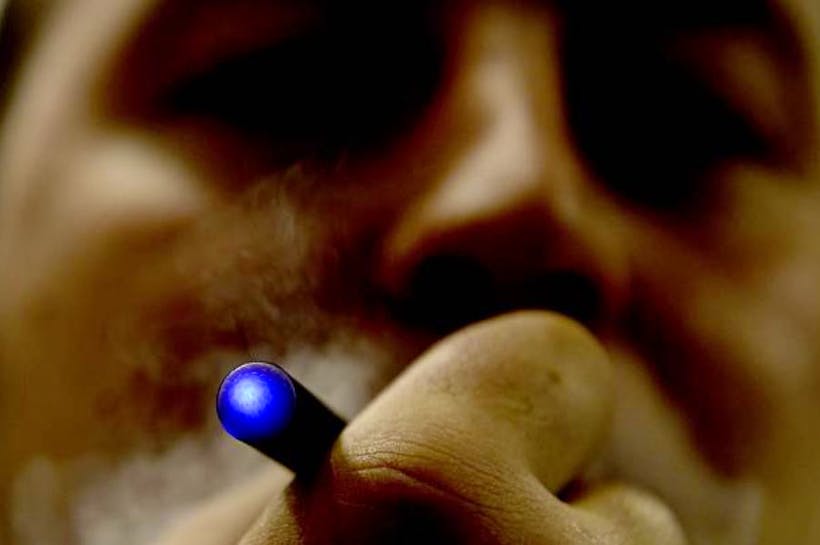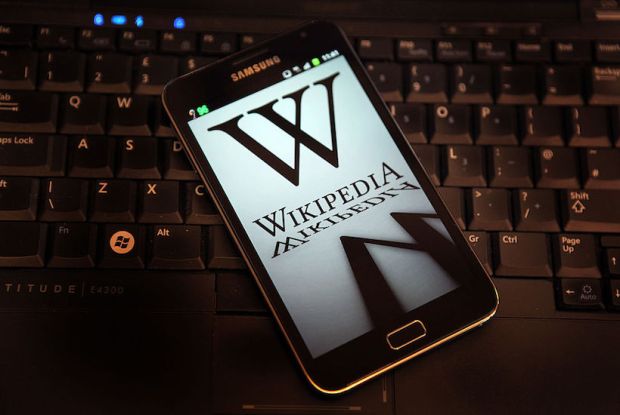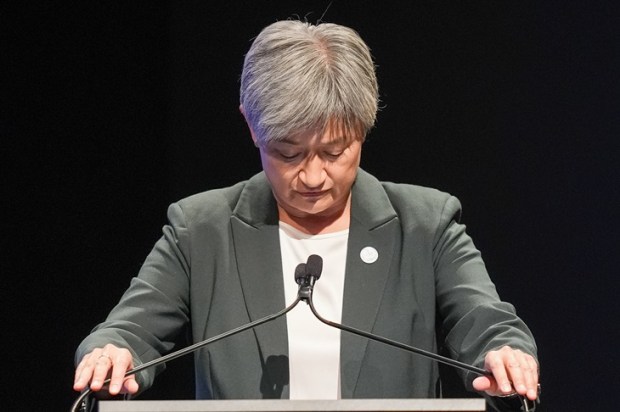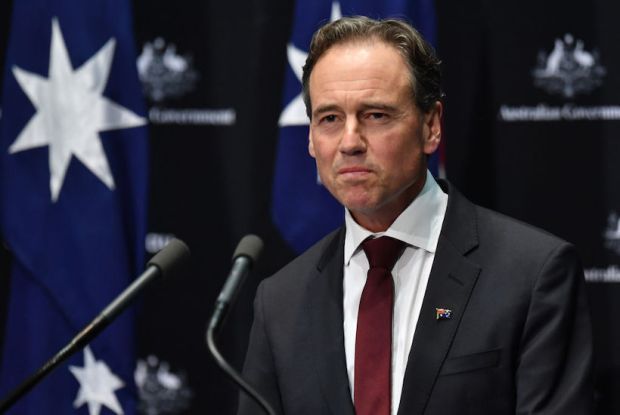At least in the United States and Australia, the systems of government are similar. Barring parliament and constitutional monarchism, both Australia and the United States share legislative and constitutional prerogatives that emulate ruling formats like the separation of powers, the independence of the judiciary, and the importance of public comment phases for new and proposed regulations. Consider some international comparisons between the US, Britain, New Zealand, and Australia.
Philip Morris International and Altria Group are rejoicing with the news that the US Food and Drug Administration, for instance, has issued the first modified risk tobacco product approval to IQOS heat-not-burn electronic nicotine delivery system.
Not a vaporizer, the IQOS system is a tobacco-based smoke-free product that heats the tobacco instead of burning it. The science, briefly, considers the heating of tobacco as a means that eliminates most of the carcinogens and harmful chemicals from smoking. This is important because the IQOS system is the first inhalant tobacco product in the United States to receive marketing authorization for being a product that features risk-reduced and modified exposure characteristics. While not legally now a “safer” alternative to cigarettes, the IQOS system can currently be marketed with more accuracy by offering the consumers a message related to such a risk-reduced state of design.
While actual e-cigarettes are still regulatory challenged in the United States, the IQOS modified tobacco product approval speaks to the environment of regulation compared to Australia. Even since the end of the Barack Obama administration, the FDA’s Center for Tobacco Products has recognized the harm reduction characteristics of smoke-free tobacco and alternative nicotine products.
Mitch Zeller, the centre’s director, is a man I genuinely admire as a responsible regulator. Often, including some previous and current commissioners of the FDA, have gone on record recognizing the potential harm reduction benefits of products like vaping and oral tobacco like snus. The impacts of US tobacco policy are crucial, given the extent of product approvals and the input of industry stakeholders. Scientific advisory boards within the US federal system also implore industry scientists’ contributions, including those from regulatory and public health institutions that might be visibly opposed to tobacco products and mitigation strategies like backing smoke-free products over combustible ones. Since the US is built on systemic gridlock and the involvement of countless special interest groups, the industry and public health lobbies can participate in proposing and getting new markets approved for commercialization.
The US regulation of tobacco and nicotine is monopolized, as is the case in Australia. However, Australia has much stricter tobacco control laws and regulations than the US and the United Kingdom. This is not to say that the latter countries do not have comprehensive tobacco control strategies. Merely, Aussie regulators tend to be much more aggressive on products like cigarettes and vapes. Case in point: Health Minister Greg Hunt’s recent backflip on a vaping product importation ban speaks to the harshness these regulations can have on industry stakeholders and consumers of all ages and walks of life.
In recent years, New Zealand has issued regulations that officially liberalize and regulate vaping on the island country. The Ministry of Health formalized interim rules and currently recognizes the harm reduction characteristics of e-cigarettes and vaping devices. While the debate is centred on the extent to which vaping should be regulated, the sentiment among public health institutions in New Zealand shows valid potential applications in smoking cessation and empirical evidence that shows benefits of liberalization and regulation across the country. Australia should take note.
Michael McGrady is a tobacco harm reduction journalist and a visiting fellow at the American Consumer Institute in Washington, D.C.
Got something to add? Join the discussion and comment below.
Got something to add? Join the discussion and comment below.
Get 10 issues for just $10
Subscribe to The Spectator Australia today for the next 10 magazine issues, plus full online access, for just $10.


























Comments
Don't miss out
Join the conversation with other Spectator Australia readers. Subscribe to leave a comment.
SUBSCRIBEAlready a subscriber? Log in